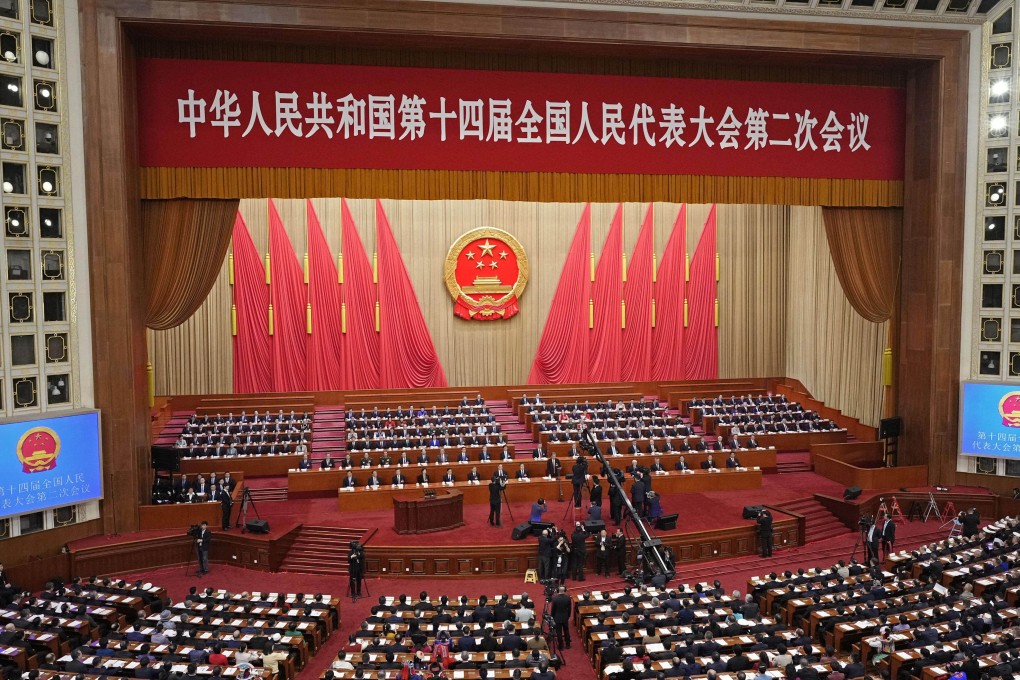China’s ‘two sessions’ 2024: Premier Li Qiang asks Hong Kong to ‘play to its strengths’ as part of Greater Bay Area
- In his work report, country’s No 2 official also pledges Beijing will support Hong Kong and Macau’s economic growth and improve residents’ livelihood
- City leader John Lee calls premier’s remarks encouraging and says one achievement of his visit was gaining finance officials’ support for Hong Kong

The statement on Hong Kong in the government work report delivered by the country’s No 2 leader on Tuesday could be interpreted as a signal of Beijing’s hope for a more forceful approach by the city in its efforts on cross-border collaboration, according to delegates and analysts.
The document last year was more muted, asking the financial hub to “further advance” its involvement in the initiative that aims to integrate Hong Kong, Macau and nine other southern Chinese cities into an economic powerhouse.
“[We support Hong Kong and Macau] to give full play to their own advantages and characteristics, actively participate in the development of the Guangdong-Hong Kong-Macau Greater Bay Area, and better integrate into the overall development of the country,” Li said on Tuesday.
Thousands of political elites are gathered in the capital for the parallel meetings of the NPC and the Chinese People’s Political Consultative Conference (CPPCC), the country’s top advisory body. The “two sessions” meetings, also known as lianghui, lay out the country’s priorities for the coming year and beyond.
